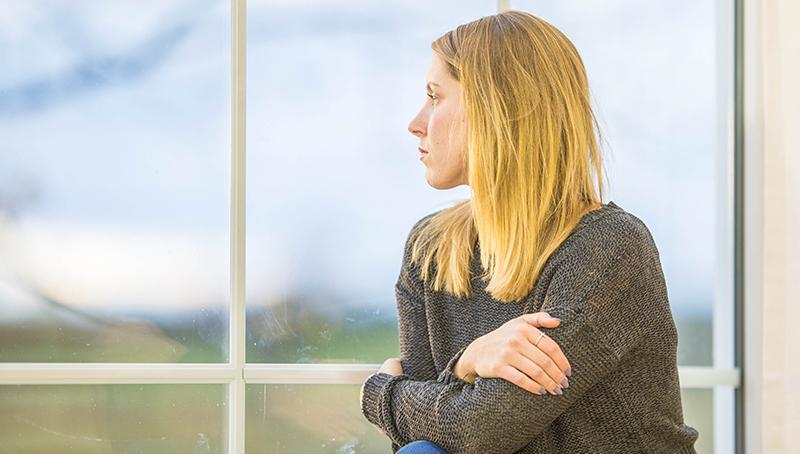Submitted by: CMHA Champlain East
Source: www.ontario.cmha.ca
The Canadian Mental Health Association and the University of British Columbia recently released a national survey in which 77 per cent of adults reported feeling negative emotions as a result of the COVID-19 pandemic. “The pandemic has caused significant loss—of loved ones, of connection, of feelings of security,” said lead researcher Emily Jenkins, a professor of nursing at UBC who studies mental health and substance use. “This can contribute to very challenging emotions that are important to acknowledge and process.”
After more than a year of lockdowns, testing, contact tracing and vaccinations, many Canadians are at their wits’ end — and self-care is more important than ever.
In the CMHA-UBC survey, respondents reported experiencing a variety of negative emotions ranging from stress and sadness to loneliness and boredom. They also recorded an increase in eating, drinking, screen time and even shopping online for items they didn’t need.
Because these behaviours make people feel better in the moment, they’re often mistaken for self-care, but that isn’t the case. “Self-care is something that, when you do it, you wake up the next morning feeling better,” says self-care coach Gracy Obuchowicz. “Numbing is something that, when you wake up the next day, you think, ‘Maybe I didn’t need that extra glass of wine or dessert.’”
A study in BMC Palliative Care, an open access journal that publishes peer-reviewed research articles, defines self-care as “the self-initiated behavior that people choose to incorporate to promote good health and general well-being.” The study went on to say that self-care encompasses coping strategies to deal with stressors.
Few people are more convinced of the merit of coping strategies than Ashley Roy-Davies, a 23-year-old college student in Kingston, Ont. A troubled home life and mental health challenges — Generalized Anxiety Disorder, Major Depressive Disorder, Obsessive Compulsive Disorder, PTSD and Borderline Personality Disorder — contributed to a sense of despair that was so intense, she attempted suicide several times. After one of those attempts she met several cancer patients in the hospital, and it changed her life. “I saw kids who were fighting for their lives while I was throwing mine away,” she says. “I thought, ‘I need to try harder to get better.’”
Roy-Davies is thriving today thanks to medication, counselling and coping strategies, ranging from eating something cold, which slows her heart rate, to paced breathing and muscle relaxation. She often visits high school classrooms, where she shares her experience with students and emphasizes the importance of coping with stressors by using her techniques or others, such as exercising, writing in a journal, reaching out to a friend, getting a massage and practicing mindful meditation or yoga.
With International Self-Care Day approaching — it will be observed on July 24 — Roy-Davies is driving her point home: “Self-care means putting yourself first. It means asking yourself, ‘Have I eaten today?’ Have I exercised recently?’ It’s about taking a moment to celebrate your accomplishments,” she says. “It just takes a little spark to light up the darkness.”
The information provided is not a substitute for professional advice. If you need advice, please consult a qualified health care professional. For further information or if you want to access our services at CMHA, please call 1-800-493-8271 or visit our web site at www.cmha-east.on.ca.



